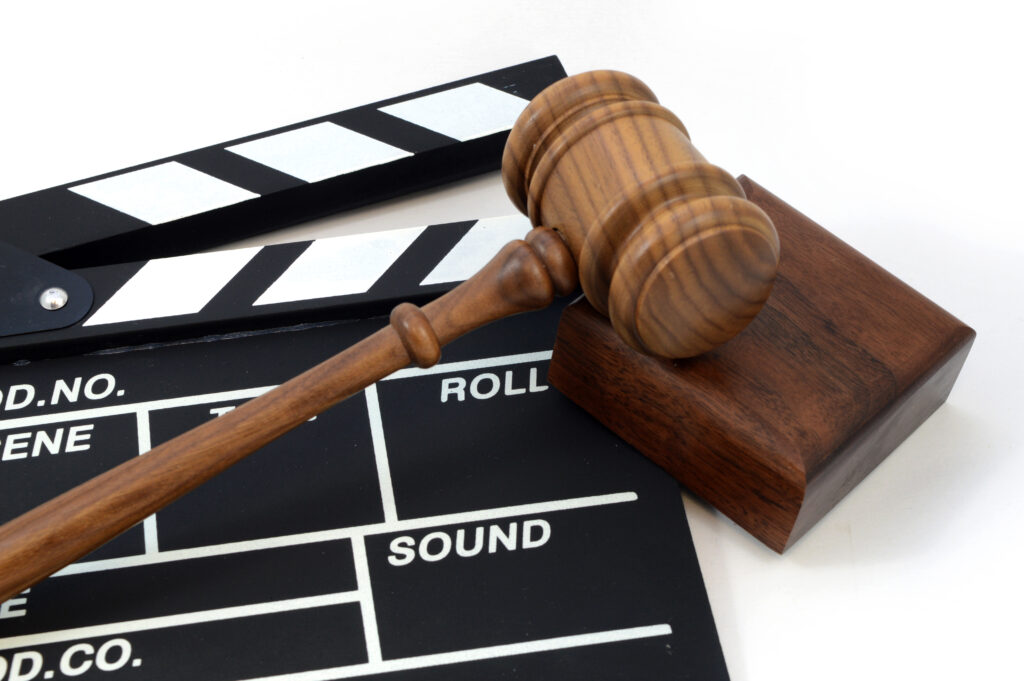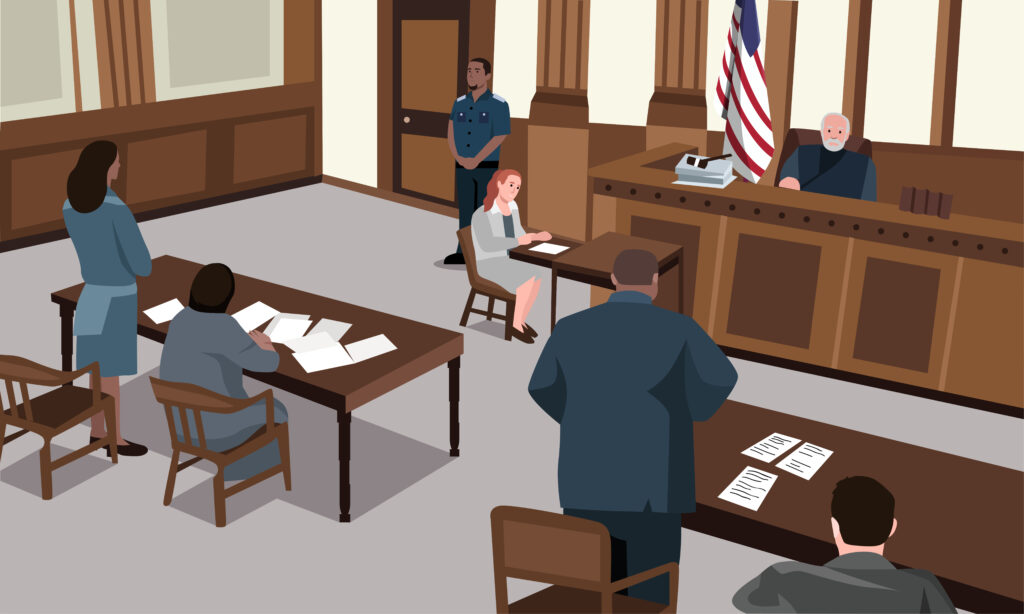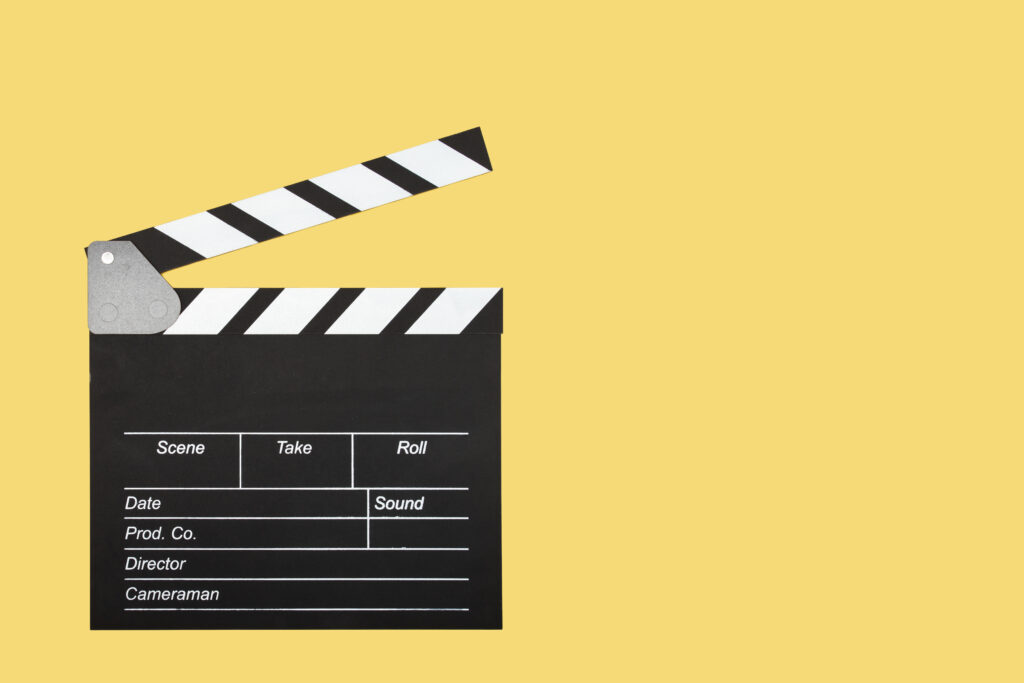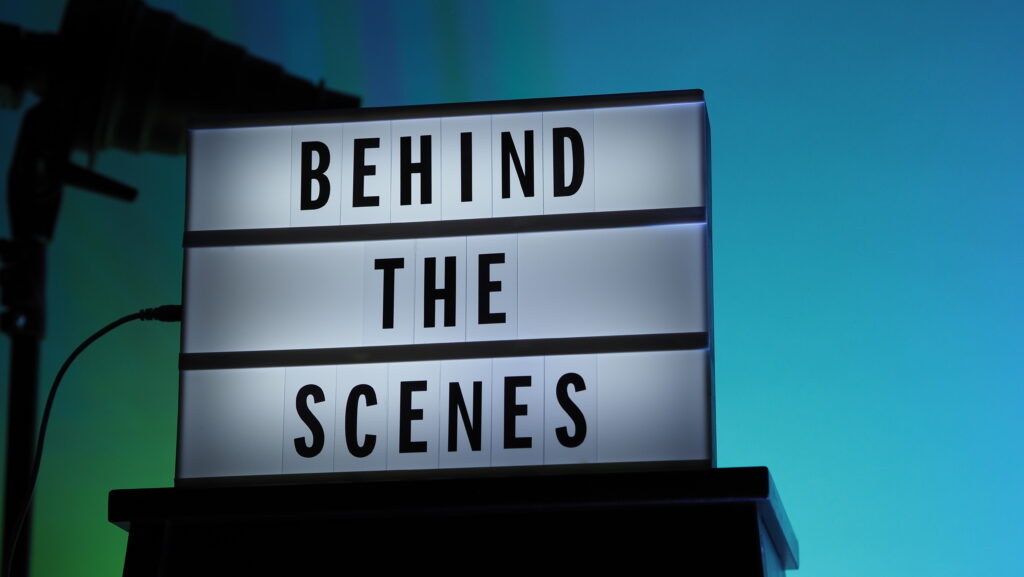When you think of how Hollywood portrays lawyers, you might shake your head or even laugh a bit. These common "tropes" found within our entertainment might make for a compelling drama, but they often misrepresent the nuances of real legal work. As entertaining as it can be to see a flawed take on your profession, it might wind up creating certain expectations among clients who come to you for help.
After all, lawyers are finding themselves at the center of pop culture more and more! Regardless of which subscription service you favor, PBI has a number of upcoming courses to satisfy your inner film buff. On August 14, find out if the Dutton family of Yellowstone can get away with murder, or learn legal ethics from The Lincoln Lawyer in our live webcast on August 29. If you're more interested in learning from a real-world, high-stakes case, then don't miss this CLE on the fatal Alec Baldwin shooting on the film set of "Rust."
PBI strives to bring you timely CLE that will not only educate, but entertain you as well. As for this blog: It might prove useful for you to think critically about how your field is portrayed in pop culture so that you can be ready to subvert those expectations clients might have. Let's look at eight overused legal tropes found within movies, TV series, and even video games.

1. The surprise witness. The end of the trial is approaching. Our heroes are on the verge of losing all hope when suddenly, the protagonist lawyer dramatically calls in a witness at the last second who helps them clinch victory. A witness nobody ever knew existed and has exactly the information needed to turn the tables!
As we all know, fiction aims to be as dramatic as possible. Real life tends to pan out differently. Since attorneys are required to disclose all witnesses ahead of time, there's no chance to bring in a surprise witness that will leave the judge and jury gasping in shock.
2. The magical "gotcha" evidence. Much like the surprise witness, the sudden introduction of crucial information that completely exonerates the defendant is another Hollywood favorite. In a real courtroom, all evidence is gathered and disclosed well before the trial, making the opportunity for a "gotcha" highly unlikely.
3. The lawyer who does it all. On rough days, it can certainly feel like you're doing it all. But how often do you investigate a crime scene and discover crucial evidence? Is it your job to chase down every single witness there is and interrogate them? Do you take on every single case that comes your way whether it's a custody battle or murder case? Of course not.
However, in movies, one attorney often does it all! Hollywood lawyers seem to have the ability to specialize in all things from bankruptcy and business to estates and criminal defense. With the story focusing on them, they never turn down a case. On top of that, they're charged with every task in the book from being the first one to scope out the crime scene all the way to that brilliant closing statement in court. Speaking of which...
4. The closing argument that turns the tables. The chips are down. It's time for your final statement. You take a deep breath and deliver the single most emotional speech of your career, swaying the jury to your side and securing a verdict. While rhetoric is certainly important, it's unlikely the closing argument will have the same powerful impact you see on the screen. Real trials are more than just a simple last-minute speech; they are won with excellent preparation and skill.

5. The evil opposition. The main character is often portrayed as the underdog, doing whatever it takes to secure a win for their client. Whether it's the defense attorney or the prosecutor, it's guaranteed the opposition is going to be portrayed as the bad guy who will do questionable things to get the desired verdict.
Real life is not so black and white. While some can be aggressive in their tactics, all attorneys are still bound by the same ethical rules. Everyone is just doing their job to the best of their ability under the legal system.
6. The courtroom goes crazy. It's always exciting when a case flies completely off the rails! Lawyers shout accusations while witnesses break down on the stand. The jury mutters to one another in shock as the judge bangs his gavel, calling for order in the court. Yeah...how often have you seen that happen? Such theatrics would quickly result in sanctions in real life. Judges maintain strict control over proceedings and lawyers show respect for the courtroom by proper demeanor and decorum.
7. The speedy trial. We all know how slow the legal process can be. It often takes months or even years for cases to make it to trial. Turns out we just don't have that kind of time in a two-hour movie! A crime occurs, the charges are filed, and boom: within days, our protagonist lawyer is taking the stand. Imagine if real life worked that way. There would be zero time to prepare!
8. The judge who allows everything. For a dramatized movie, the judge only ever seems to interfere when the courtroom dissolves into chaos. However, they're perfectly fine with lawyers badgering witnesses, deviating from procedure, or making wild accusations. Meanwhile, a real judge is highly disciplined and would never allow such antics to occur in a courtroom. But why should Hollywood care about true-to-life depictions? In the end, it's all about what makes for the most dramatic storyline.

Anything we missed? What's your favorite (or least favorite) overused legal trope?


